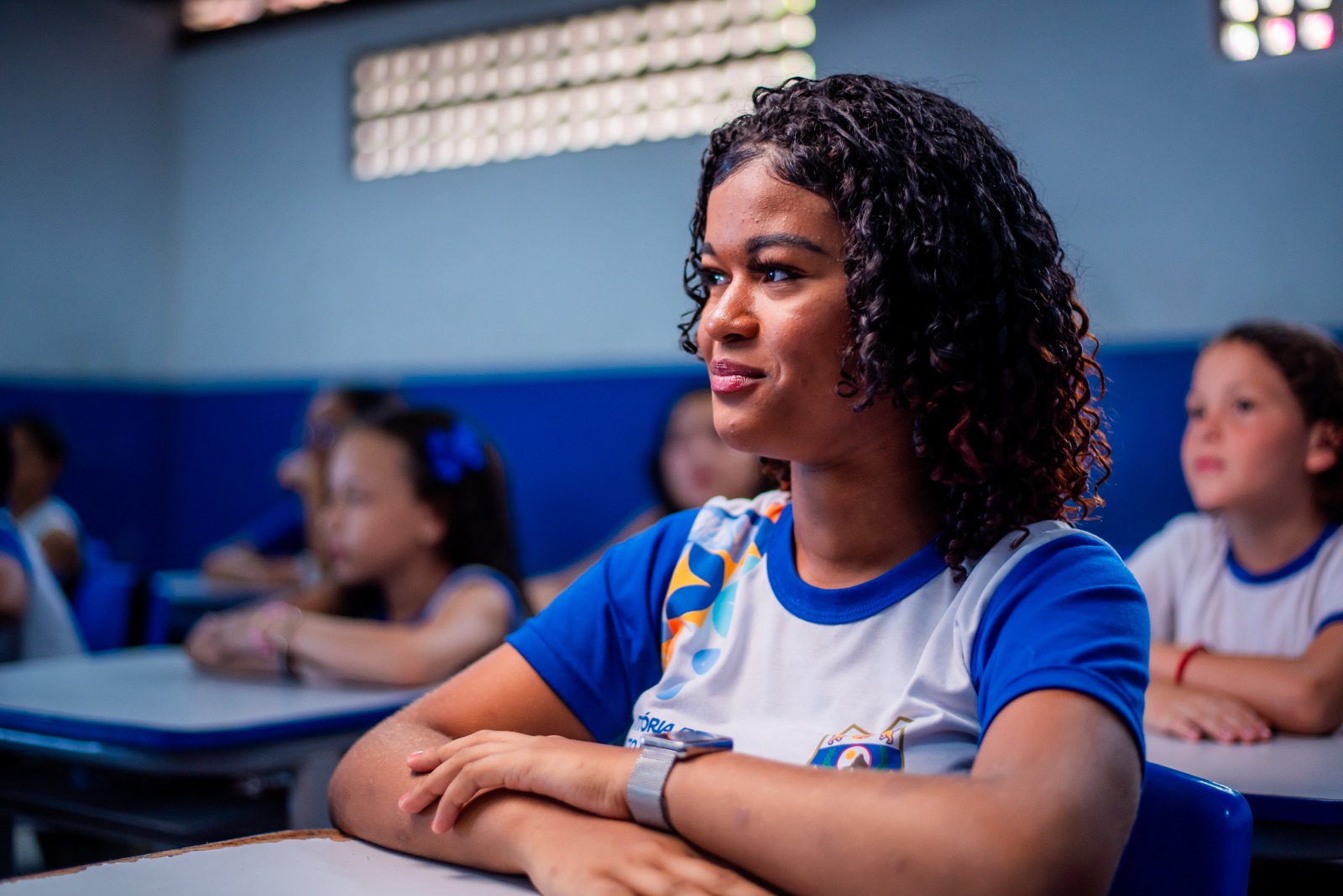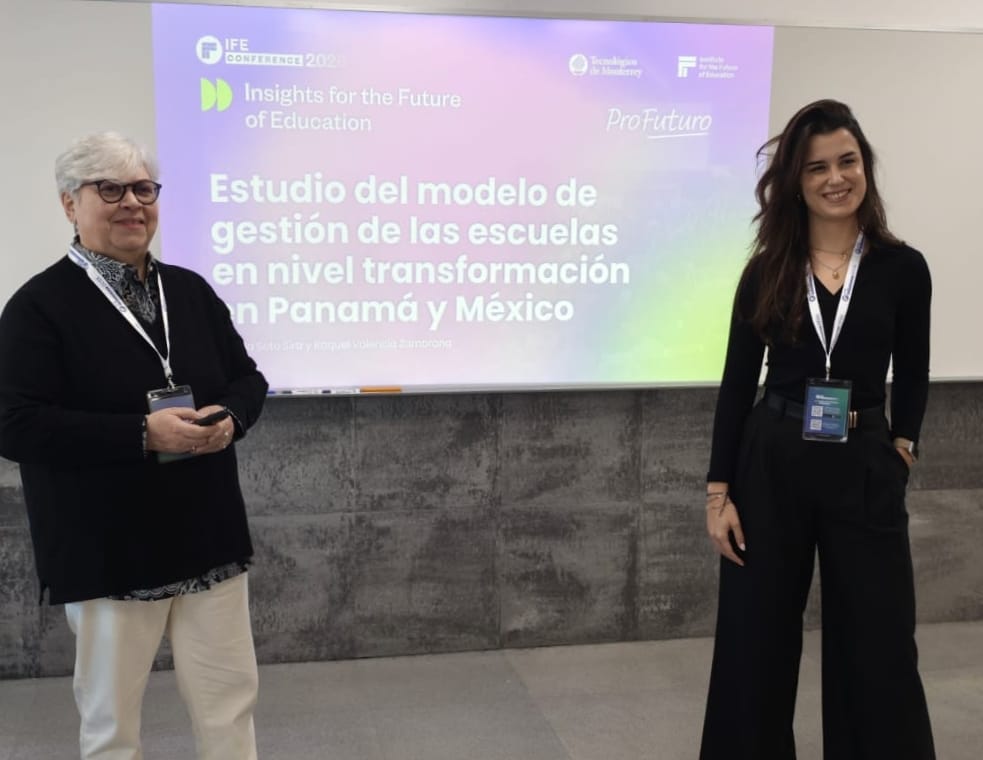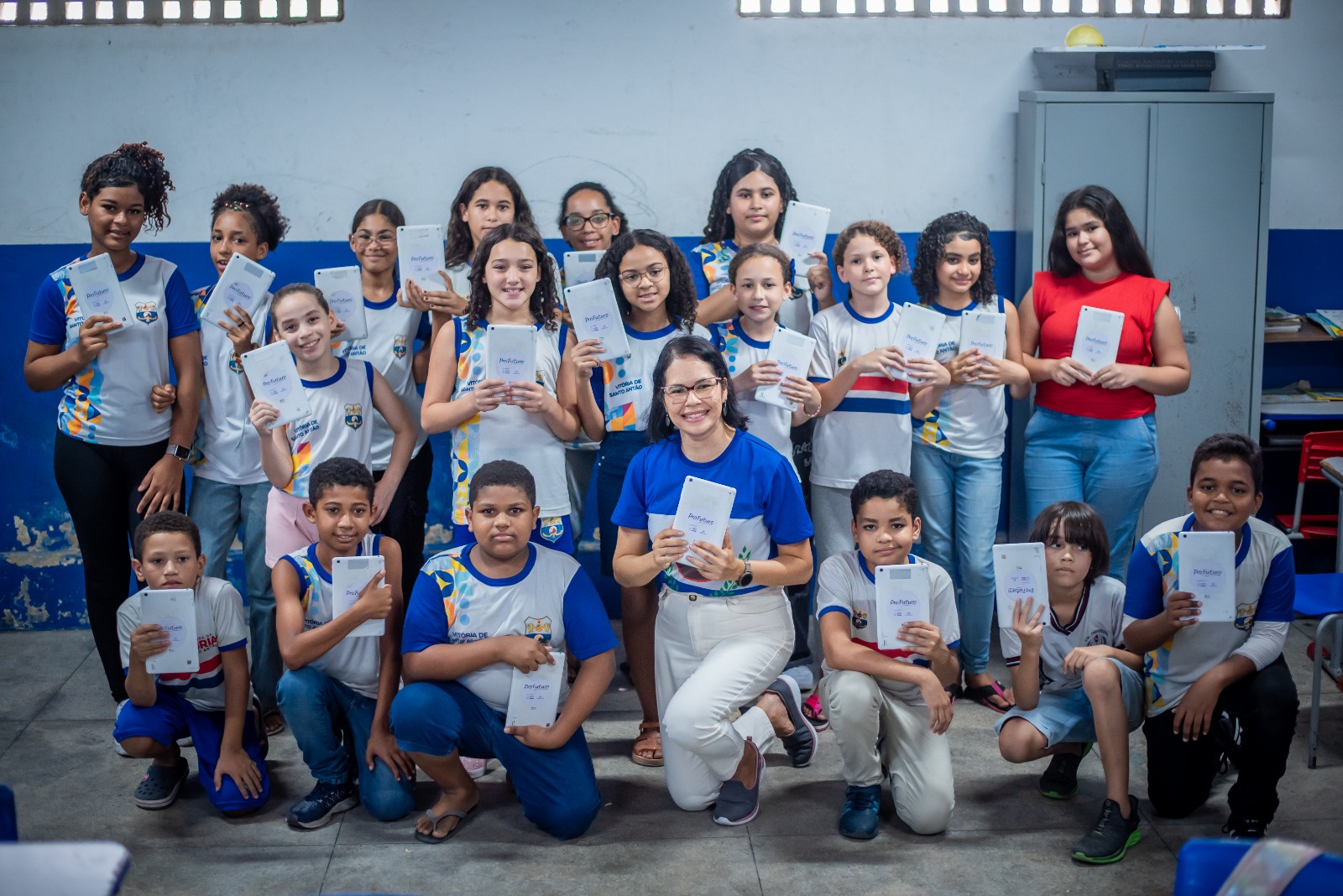The World Vision Foundation International is ProFuturo’s global partner in the Philipines. Together they have launched a digital education program in Luzon and Visayas. World Vision Foundation International National Director, Rommel V. Fuerte, presented the organization’s ongoing digital education initiatives as part of the Department of Education (DepEd)’s Cyber Expo conference and exhibition summit. The talk was held on March 14, 2019. DepEd’s Cyber Expo Summit is a three-day conference and exhibition aimed to promote the rise of digital education in the Philippines.

During his presentation, Fuerte emphasized the importance of digital education as a tool not just for learning but also for protection from various kinds of online abuses.
“World Vision believes that by building partnerships for children, we will be able to champion digital innovations for education –because well-educated children, families and communities will know the rights of children and will have a better chance of protecting them against all types of harm,” Fuerte said.
“Being champions of children led us to being champions of digital education. Now, in faith and in action, for the most vulnerable children of the Philippines, we embark on our next big achievement, the implementation of the ProFuturo digital classroom program.”

Sustainable development goals
“We are happy that this partnership with Profuturo will help enable our children to have equitable quality education as reflected in the sustainable development goals. We are also grateful to be working alongside different stakeholders like DepEd and the local governments in creating an environment where children will flourish and where they can reach their full potential,” said Rommel V. Fuerte.
The increase in activity in the Philippines is designed to reinforce the implementation of the project together with World Vision, and to guarantee its correct reception by the education community in the 100 schools that will benefit in Luzon and Visayas.
The first steps took place in July 2018 with the training of a group of 20 teachers and a total of 17 regional coordinators recruited for the project, and who have continued the task of teacher training, reaching out to over 350 teachers in recent months. Today the project has the potential to ultimately benefit around 86,000 boys and girls in the Philippines.






